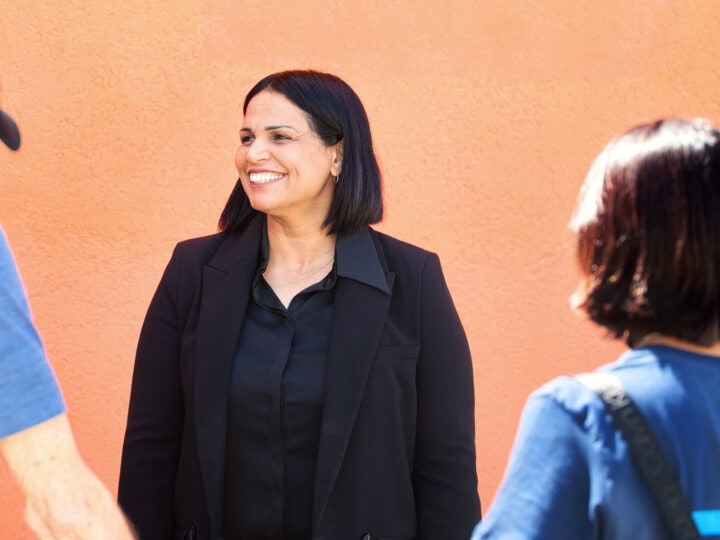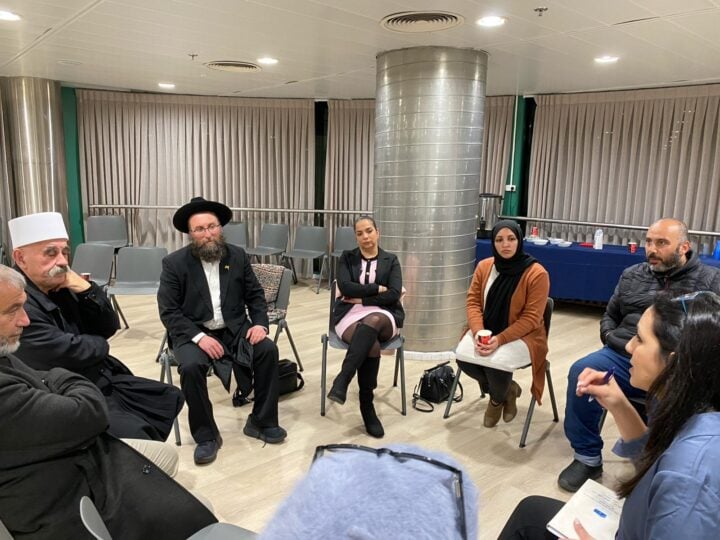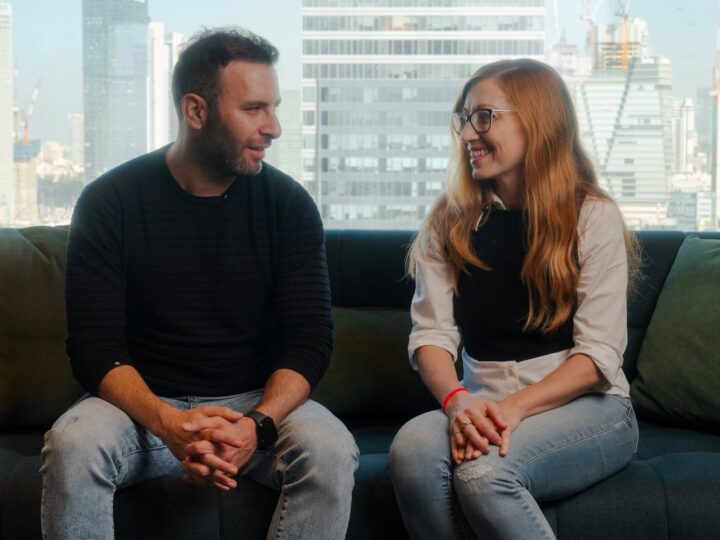“Living in minus” is a well-known phrase in Israel. It means one’s bank account is chronically overdrawn.
Not only low wage-earners live in minus. The problem stems from mismanagement of whatever amount of money one has, according to Mindy Ajzner, CEO of Chaim BePlus (Living in Plus), a nonprofit organization that trains Israeli youth from all sectors of society how to avoid a lifetime of overdraft.
Since she founded Chaim BePlus in 2006, more than 8,000 Jewish, Arab, Druze and Bedouin 17- to 21-year-olds across Israel have learned how to manage their finances, stick to a budget and save money.
Ajzner has a senior bookkeeping certificate and a degree in education. “I started counseling families in debt, and realized I wanted to work on prevention. That’s why I started Chaim BePlus,” explains the Canadian immigrant living in Ra’anana for three decades.
The course is taught by trained college-age mentors with excellent communication and leadership abilities. Using a kit with lesson plans, film clips, games and worksheets, they’re dispatched to fill “orders” from high schools and other youth programs to mentor students in grade 11 and 12 – that critical age when most teens have a bank account and a driver’s license.
“The whole idea is that the mentors are peers going through the same process themselves. They also want to buy a motorcycle, travel overseas, go on dates and buy things in the mall. It’s not academic; it’s about ‘Do I really need two new pairs of shoes in my closet?’ ‘Will I have enough money for a vacation if I go out every week?’ It’s all about choices,” Ajzner tells ISRAEL21c.
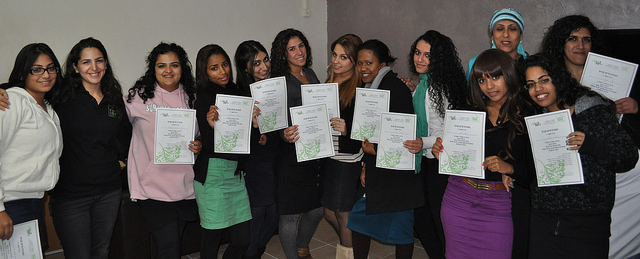
Originally the program used printed materials. Today everything is digitized. Mentors present five frontal teaching sessions interspersed with five one-on-one coaching sessions via phone, Facebook and/or Whatsapp for each participant.
“We’ve got 46 mentors in every part of Israel, and because we’re all hooked up to Google Drive, everyone has access to the same curriculum and content,” she continues. “The mentors have a smartphone app we made for them with checklists for each of the 1,500 kids, and that allows us to monitor everyone’s progress in the office. The kids use Facebook to send us feedback on how they are saving money.”
Tangible results
Ajzner says the results of the lessons are very tangible.
“After a lesson, kids may go to their bank and demand to get service charges reduced, or they’ll call their cell phone company to make sure they’re getting the best deal,” says Ajzner. “All these small steps build you up to be a financially healthy person.”
Chaim BePlus partners with major educational networks like Amal, Atid, ORT, AMIT, Tamat, Naamat and Sherut Leumi (National Service). “They order the course and form the groups. As soon as they have a group of 10, we send a mentor to give the specific lessons chosen by the head of that group.”
On May 26, Chaim BePlus is presenting “How to Help Our Children Become Financially Independent” in Petah Tikva with Michal Dalyot, Israel’s “Super Nanny,” and Nachman Lidor, an Israeli expert on family finance.
“A lot of teachers want to learn about financial management and we can’t be in every school, so we decided to bring them all together for one night with experts on this topic,” says Ajzner, who was alarmed to read a recent report that 87 percent of married Israelis are still supported by their parents.
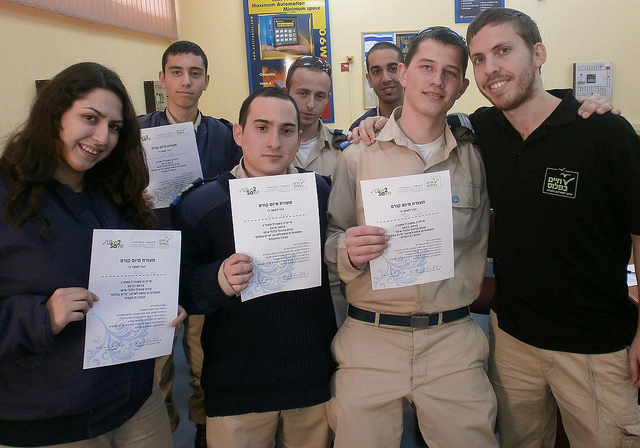
Two years ago, Chaim BePlus began a partnership with the Arab-Jewish Center for Equality, Empowerment and Cooperation – Negev Institute for Strategies of Peace and Development in Beersheva, through which Bedouin mentors are being trained. All materials have been translated into Arabic.
“We’ve got youth at risk, high-school dropouts, technological pre-army program participants, Ethiopian-Israelis, middle-class teens and everything in between. We want to embrace everybody,” says Ajzner.
Preparation for peace
The course is meant to stimulate each participant’s better judgment.
“We never tell anybody what to do. We tell them rules for financial well-being and they make their own choices,” she emphasizes.
“It’s great preparation for marriage, because our goal is not about the money but to help them have a good life, which in our view means peace of mind. If you have peace of mind — when you can make do with what you have and don’t owe anybody money — you’ll smile at your spouse and be relaxed with your children. This is the basis of a happy marriage and good health.”
Moreover, Ajzner sees Chaim BePlus as a peacemaker.
“My vision is economic stability as the basis for peace in Israel,” says Ajzner. “If all these sectors are financially stable from their youth, then they won’t be interested in conflict.”
Chaim BePlus, which has just two full-time employees, is financed by foundations and private donors. Additional funders are needed as demand for the program grows.
“Donors want to see long-term results, and we are fighting poverty not with short-term ‘band-aids’ like food donations, but with life skills,” says Ajzner.
“Many kids growing up in families in overdraft are worried they will go through that, too. When a mentor comes in with ideas on how to break that pattern, that’s really special and gives them hope.”















